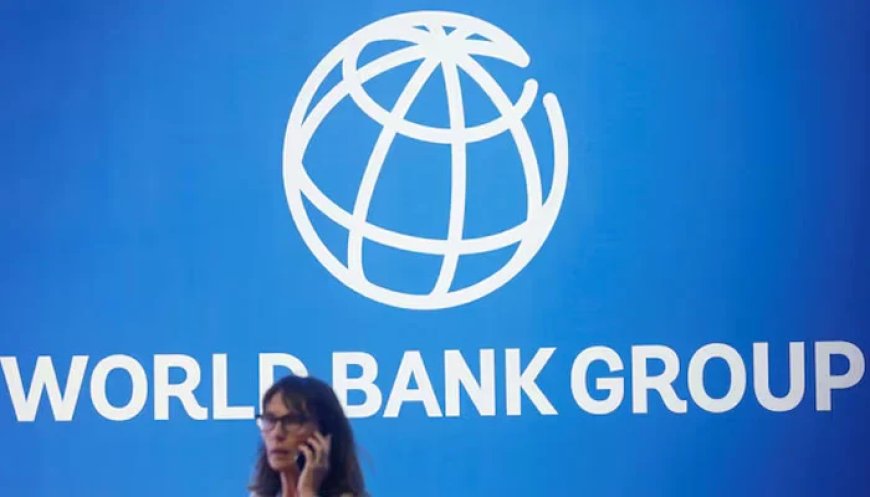World Bank approves $1bn additional financing for Dasu project

1.
The World Bank has approved an additional $1 billion in financing for Pakistan's Dasu Hydropower Stage I (DHP I) Project. This decision by the Board of Executive Directors aims to bolster Pakistan's shift towards clean and affordable energy. The funds will support the expansion of hydropower electricity, enhance socio-economic services for local communities, and build the Water and Power Development Authority’s (WAPDA) capacity for future projects.
The approval comes just ahead of Pakistan's announcement of its annual budget for the fiscal year 2024-2025 and the Economic Survey of Pakistan 2023-24, detailing the country's socio-economic achievements over the past year.
Najy Benhassine, the World Bank Country Director for Pakistan, highlighted the numerous challenges faced by Pakistan's energy sector, emphasizing the significant impact of the Dasu Hydropower Project. According to Benhassine, the DHP site is among the world’s best for hydropower and will play a pivotal role in reducing the country's energy costs and increasing sustainability.
The DHP, upon completion, will have an installed capacity of 4,320–5,400 MW. Stage I of the project (DHP-I) will generate 12,225 GWh/year of low-cost renewable energy with a capacity of 2,160 MW. The subsequent stage (DHP-II) will add another 9,260–11,400 GWh annually.
Rikard Liden, the project’s Task Team Leader, underscored DHP-I’s role in reducing Pakistan’s reliance on fossil fuels, aiming for 60 percent renewable energy by 2031. The project is expected to save Pakistan approximately $1.8 billion annually by replacing imported fuels and reducing carbon dioxide emissions by around 5 million tons. The annual economic return of DHP-I is estimated at 28 percent.
The additional financing will also support socio-economic initiatives in Upper Kohistan, improving education, health, employment, and transport sectors. Since 2012, adult literacy in the region has increased by 30 percent, with boys' schooling up by 16 percent and girls' schooling by 70 percent.
Community development activities will continue, focusing on infrastructure improvements such as roads, irrigation, schools, medical facilities, and solar energy systems. Special emphasis will be placed on benefiting women through free healthcare clinics, training for female health workers, and programs on health, hygiene, livelihoods, and literacy.


















































